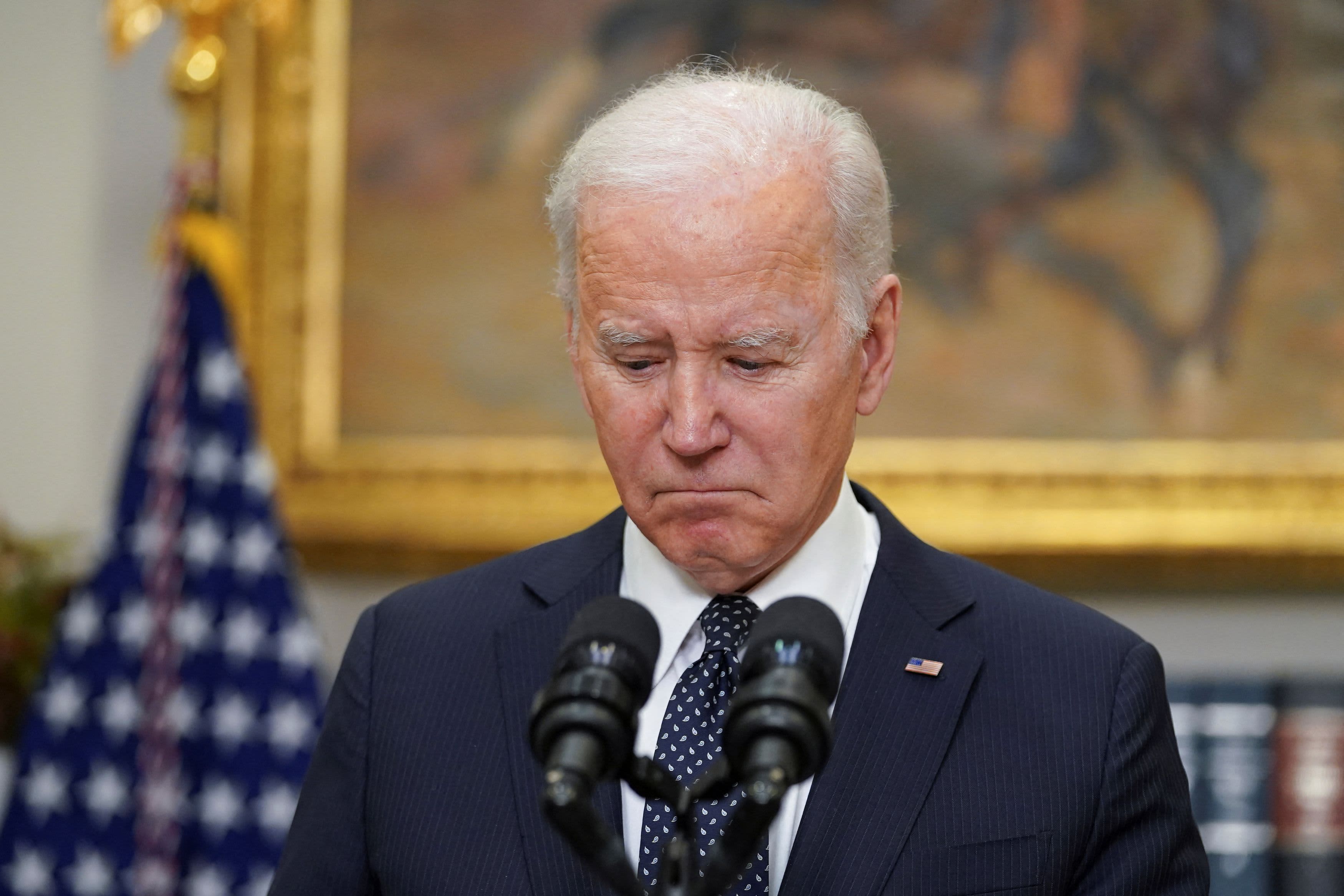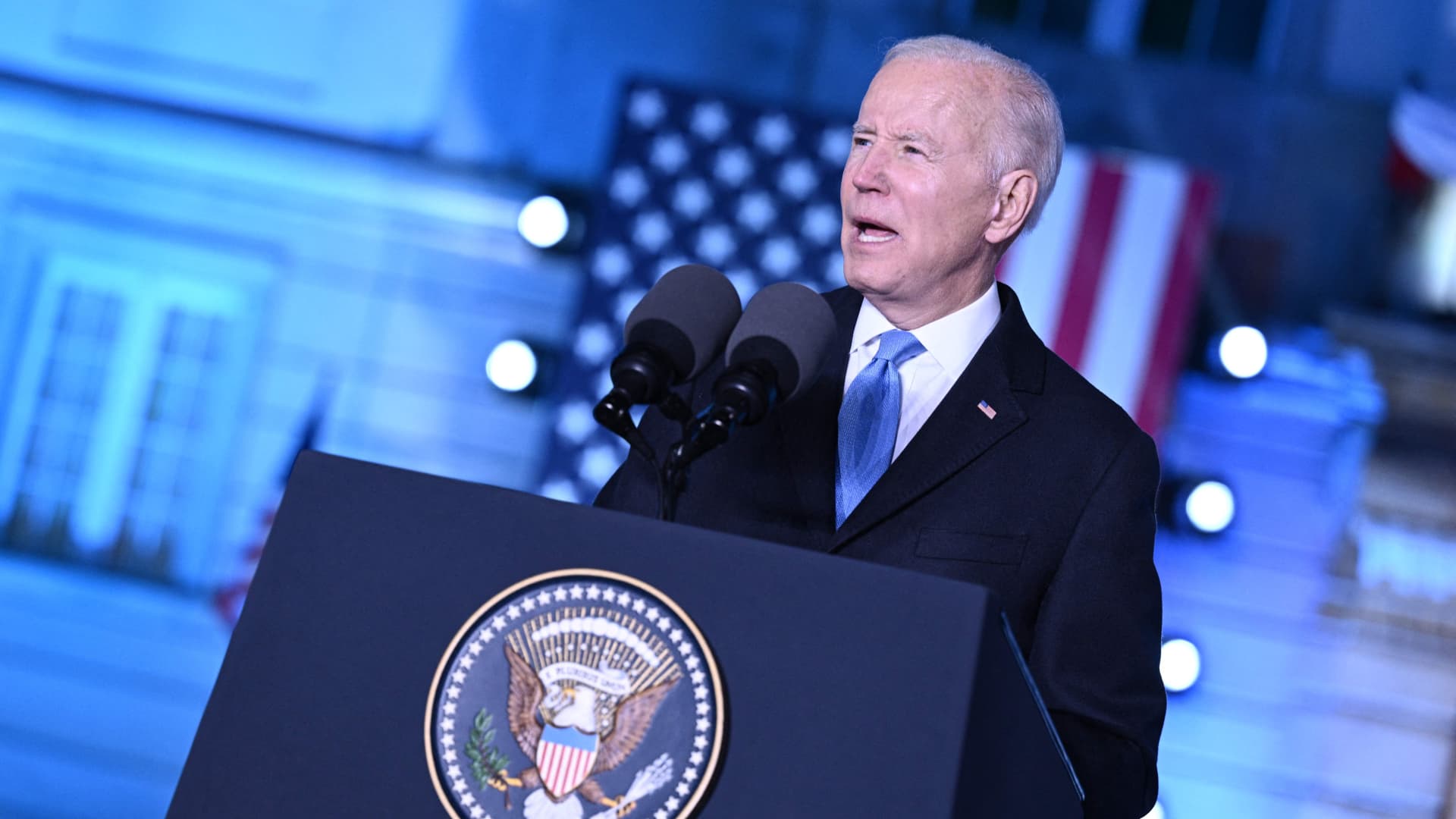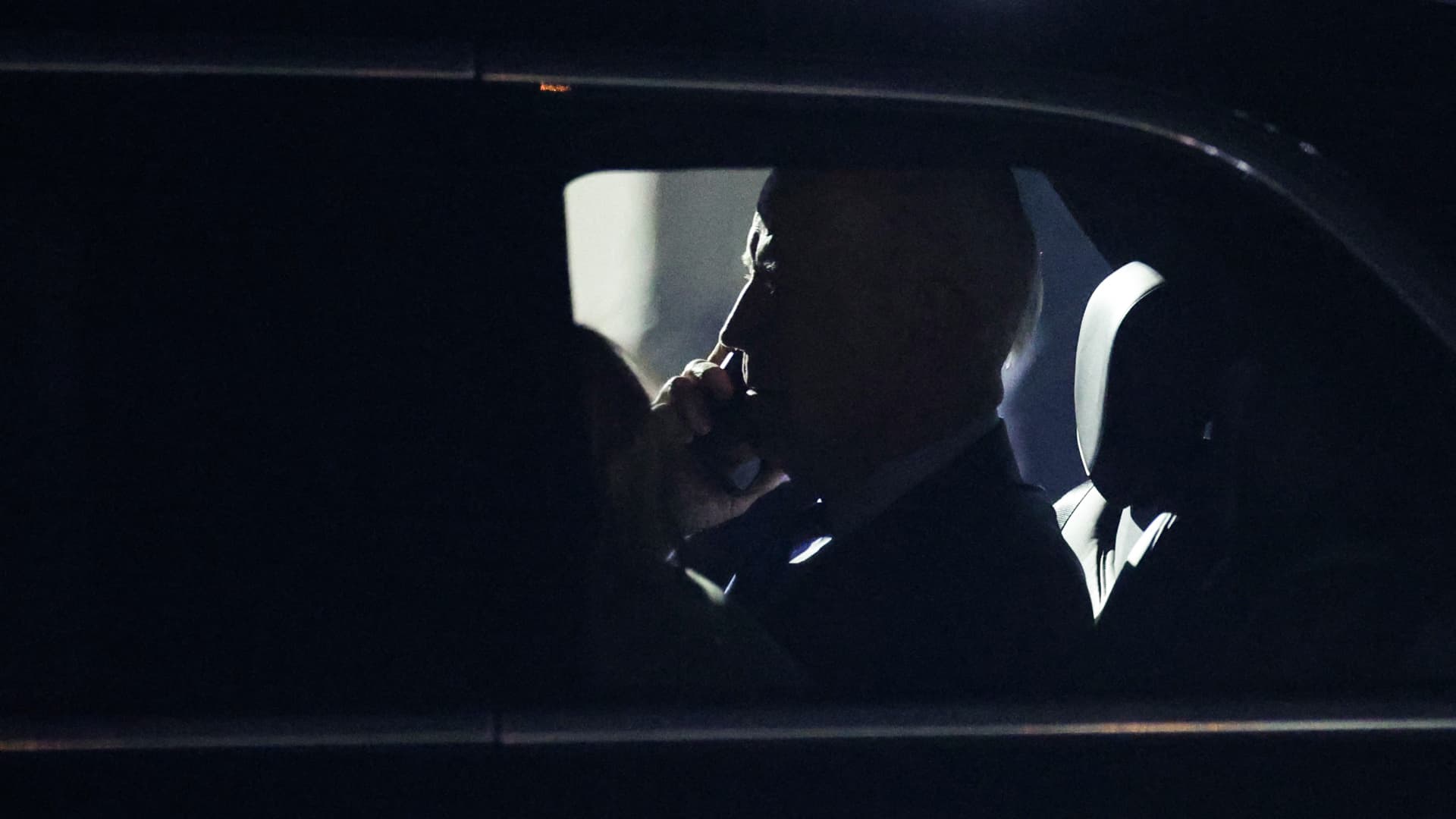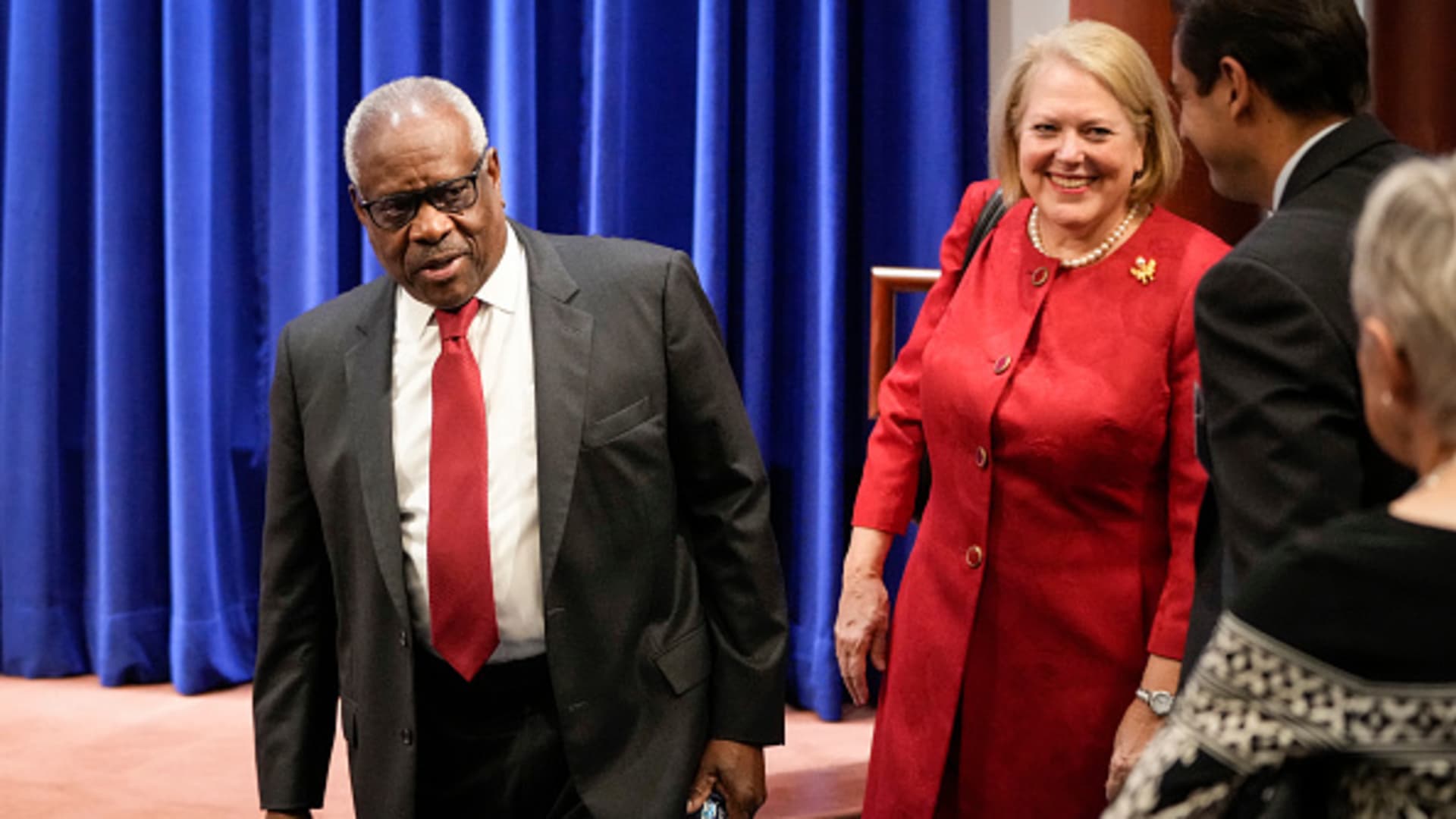China's reputation is at risk if Beijing were to help Russia in its war on Ukraine
Even if China wanted to "bail out" Russia, its capacity to do so is very limited, said Robert Daly, director of the Kissinger Institute on China and the U.S.

China risks paying "high reputational costs" should it decide to assist Russia in its war against Ukraine, according to one political analyst.
Even if China wanted to bail out Russia — either financially or economically — its capacity to do so is very limited, said Robert Daly, director of the Kissinger Institute on China and the U.S.
"Much of Russia's exposure, China's exposure to the international financial system remains in U.S. dollars — not in rubles and the Chinese currency RMB. They could make a slight difference at the margin, but [China] would pay a pretty high reputational costs for doing that," he told CNBC's "Squawk Box Asia" on Tuesday.
On Monday, U.S. national security advisor Jake Sullivan held an "intense" seven-hour meeting with China's top foreign policy advisor Yang Jiechi in Rome.
At the meeting, Sullivan conveyed to Chinese officials that the U.S. is concerned Beijing may attempt to help Russia blunt global sanctions. The trip came amid reports that Moscow asked China to help provide military equipment for its invasion on Ukraine, including surface-to-air missiles, armored vehicles, and drones.
Russian President Vladimir Putin attends a Victory Day military parade marking the 74th anniversary of the end of World War II.
Anadolu Agency | Getty Images
Chinese Foreign Ministry spokesman Zhao Lijian on Monday denied such reports of the Russian request and called them malicious "disinformation."
"The top priority at the moment is for all parties to exercise restraint, cool the situation down instead of adding fuel to the fire, and work for diplomatic settlement rather than further escalate the situation," Zhao told a regular briefing in Beijing.
Russia 'pariah state'
The U.S., together with Ukraine and the Western allies, have "already won the information war" against Russia, said Daly.
"Valdimir Putin is … the bad guy in the eyes of the world," and Moscow is fast becoming a "pariah state," he said. China needs to "ask itself if that's the side that it wants to be on," Daly added.
"China had declared on February 4th that it had stood with Russia. But Russia, Cuba, North Korea, Venezuela, Iran — this isn't really the international club that most Chinese people aspire to be part of. And circumstances are pushing China further in that direction. So there's a reputational risk," he noted.
The most shocking development would be Chinese agreement to provide military hardware or even lethal weapons to Russia...
Given the lack of evidence at this point that China actually provided military aid to Russia, this issue will likely raise further questions, said Yun Sun, a senior fellow and co-director of the East Asia Program and director of the China Program at the Stimson Center.
"There's very little information as to what we're actually talking about in terms of military assistance," she told CNBC on Tuesday. "There's also the question as to whether Beijing actually provided those assistance or Beijing just expressed a willingness," to provide some kind of military support, she added.
China's role could tip balance
Still, political observers believe China's move to provide any kind of military or economic assistance to Russia could be a gamechanger and lead to far-reaching geopolitical consequences.
Political risk consultancy Eurasia Group said Monday it "still believes — with only moderate conviction — that China is unlikely to directly assist Russia's invasion to this degree, as it is attempting to project neutrality in the conflict."
One key point to watch in the coming days is whether China fulfills Russia's request for help in its invasion of Ukraine, the analysts said in a note.
"The most shocking development would be Chinese agreement to provide military hardware or even lethal weapons to Russia, which would amount to Beijing actively taking Moscow's side in the conflict for the first time," they said.
"This development would soon elicit US and EU sanctions and would produce a long-term geopolitical fracture between China and the West, including pressures for more extensive economic decoupling."

 AbJimroe
AbJimroe 































